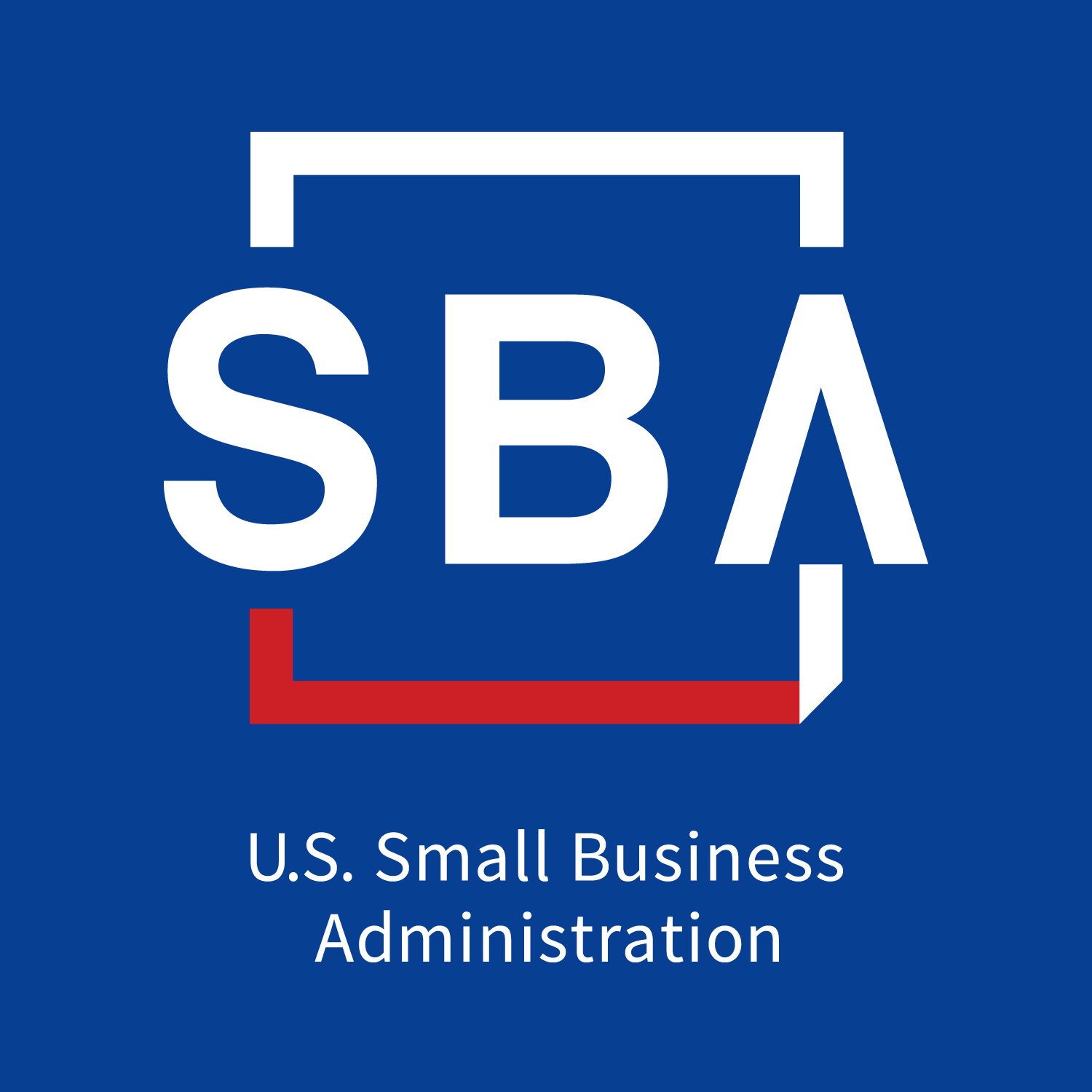Today’s employees want more than basic health insurance and a 401(k).
They want those, but members of the 21st century workforce are increasingly interested in other benefits. Millennials and Gen Z, in particular, are focused less on transactional benefits like health coverage and retirement contributions.
They’re looking for flexibility that supports a healthy work/life balance. They increasingly expect employers to invest in opportunities for career advancement, such as ongoing training, continuing education and access to industry experts and mentors. More than anything, they want to pursue meaningful work that they have a passion for.
Equity-based bonuses such as phantom stock are one effective way for small businesses to address the evolving expectations of the modern workforce.
Strong benefits can be a challenge for small businesses
For small businesses, meeting the evolving expectations of the workforce can be a major challenge – one that can have significant consequences.
A strong benefits package plays a critical role in employee retention. Deliver the benefits workers are looking for, and you’ll be able to attract top talent – and keep them, reducing the costs of employee turnover and maximizing your team’s productivity and morale.
But small businesses don’t always have the time or budget it takes to develop, implement and maintain a superior benefits program. The scale and structure of enterprise operations can give them advantages over their smaller competitors.
Win-win solutions
Increasingly, however, small businesses have access to innovative solutions that are leveling the playing field. The strategic tools are designed to represent a real investment in the well-being of employees – and to encourage them to feel as if they have a meaningful stake in the company’s success. In turn, they boost morale and job satisfaction as well as team loyalty.
The ultimate result is that key employees stay on staff, reducing turnover and ensuring a stable workforce. It’s a win-win proposition. Your employees’ sense of purpose grows – and so do your revenues.
Incentivize employee retention
Employee retention bonuses are financial incentives designed specifically to address employee turnover. They are typically offered to high-performing employees or those with important skills and responsibilities. They can be particularly useful during periods of organizational change, such as mergers or acquisitions. The amount and structure of the bonus can vary widely, depending on the company’s needs and resources.
Targeting employees in critical positions, these bonuses can take various forms, from a lump sum to equity-based incentives such as phantom stock.
Focus on phantom stock and equity-based bonuses
Equity-based bonuses such as phantom stock are increasingly popular as small business owners recognize their benefits, and employees learn how they can earn a meaningful stake in the work they do.
Phantom stock is a promise to pay a bonus equal to the value of a certain number of shares of the company’s stock at a certain triggering date or event – a set date, retirement or the sale of the company, for example.
This type of bonus can be particularly effective for long-term retention. It aligns the interests of the employee with the performance of the company. It incentivizes employees to think and act like owners, driving them to contribute to the company’s growth and profitability.
One advantage of phantom stock and other equity-based incentives for small businesses is value. A phantom equity provider such as Reins can help small business owners identify the right plan for their company. With our proven strategies and solutions, we can keep your company’s benefits competitive with those of larger companies so you can attract and retain the talent you need to stay ahead in your market.








